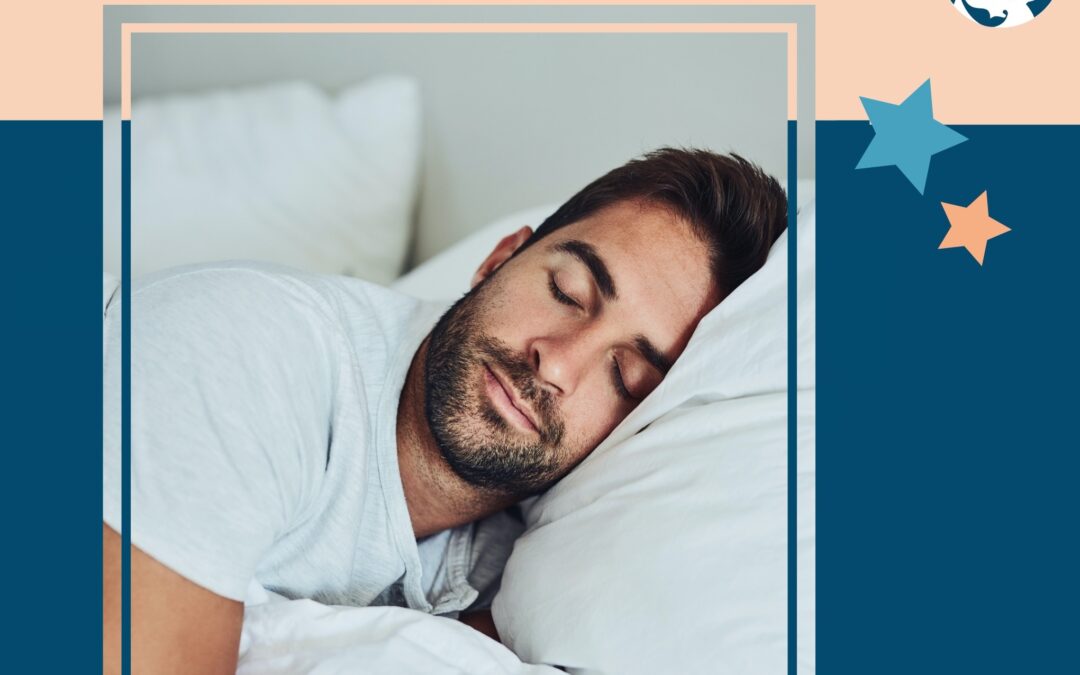You’ve probably heard someone saying that little sleep means hard work and productivity.
This old thought originated in the Industrial Revolution when people had long working hours, encouraged by the promise of the country’s development. With the change in the economic model of that time from agrarian-export to industrial, people had to adapt to new routines. This often meant putting aside habits necessary to maintain health and well-being.
However, we are no longer in the 30s or 40s. The evolution of labor laws, more specialized knowledge, technological development, and the pandemic changed the relationship with work. Today, hearing someone talking about losing hours of sleep to work seems crazy.
But we still see people who believe that little sleep means dedication to work.
How many hours of sleep does a successful executive get?
Successful leaders like Tim Cook, Apple’s CEO, claim to wake up early to make the most of the early hours of the day. However, that doesn’t mean he sleeps less.
The Apple CEO, who has a habit of waking up at 4:00 am to read customer reviews, claims to sleep at least 7 hours a night. That is, at 9:00pm, he is probably already asleep.
The same is true for Bill Gates, founder of Microsoft. Early in his career, he believed sleep was a waste of time. But currently, one of the most successful men in the world sleeps at least 7 hours a night and has already posted on his blog that everyone should do the same.
And the list doesn’t stop here.
Arianna Huffington, founder of the online newspaper “The Huffington Post”; Jeff Bezos, founder, and CEO of Amazon; LeBron James, NBA professional basketball player; Mark Zuckerberg, the father of Facebook; and Oprah Winfrey, one of the most famous American presenters worldwide, say that sleep is crucial for assertive decisions at work, new ideas, and health as a whole.
What is the secret of success?
There is indeed a secret of success for these leaders, and that is to sleep well!

All these people have something in common: work routines that require a lot of concentration, good decisions, and high productivity. They need to be ready for several hours of daily meetings, talking to teams, planning, and problem-solving.
That’s why they must be well-rested since sleeping well increases energy, focus, patience, good mood, productivity, creativity, and health.
But don’t think that only people in leadership roles or business owners need a good night’s sleep.
Recently, researcher Carla Furtado, a Master’s and Ph.D. in Psychology at the Catholic University of Brasília and a member of the International Positive Psychology Association, showed that work engagement depends on employees’ happiness. I add that sleep deprivation impacts these two factors (happiness and engagement), as, during REM sleep, emotions are “polished” and processed. If we don’t sleep well or enough, this process is compromised, affecting our mood, interpersonal relationships, satisfaction, and engagement with work.

In the scientific article “Why Healthy Sleep Is Good for Business,” neuroscientist Christopher Barnes states that individuals with a 2-hour sleep deficit will perceive their manager/leader as 7% less charismatic. And when leaders suffer from sleep deprivation, they express more hostility. They are less effective at expressing positive emotions when communicating with their teams, affecting the quality of their relationship.
What’s worse is that, just as a person under the influence of alcohol has impaired judgment and thinks they haven’t drunk much, the person who sleeps poorly or insufficiently is unaware of how much sleep deprivation affects their work and interpersonal relationships.
Another research carried out at the University of Vienna, Austria, also states that sleep influences the behavior of employees and, therefore, plays an essential role in their daily life. According to this study, sleeping well is vital for the body to recover, confirming the importance of sleep for physical and mental health.
What to do with this information?
The first step is awareness. Do you have trouble sleeping at night, feel tired, and lack energy while working?
If the answer is “yes”, it is very likely that you are not getting enough sleep or your sleep has been of poor quality. To solve this, you must develop healthy sleep habits and rediscover the pleasure of sleeping well. Fortunately, there is a practical method and experts to help you.
For companies, it is time to start developing programs and actions focused on employees’ sleep quality. Studies have shown that companies with programs of this type have a five-fold reduction in spending on staff health than companies with sleep-deprived employees.
Currently, there are several programs in companies aimed at health and well-being. Still, few companies place insufficient sleep as a risk factor for the health and productivity of their employees.
Whether for you or your business, I’m here to help. I’m Carla Picolli, a psychologist with extensive experience in Human Resources, Coaching and internationally certified as a Sleep Consultant for adults and children.
My goal is to make more and more people develop healthy sleep habits to have a better, more productive, happy, and healthy life. So you can sleep better with my constant support and sleep consulting program, following a practical and simple method with proven results.
How about starting to sleep better right now, just like the successful leaders we saw here?
Book a free consultation here.
Carla Picolli
carla@nightnight.co.nz

